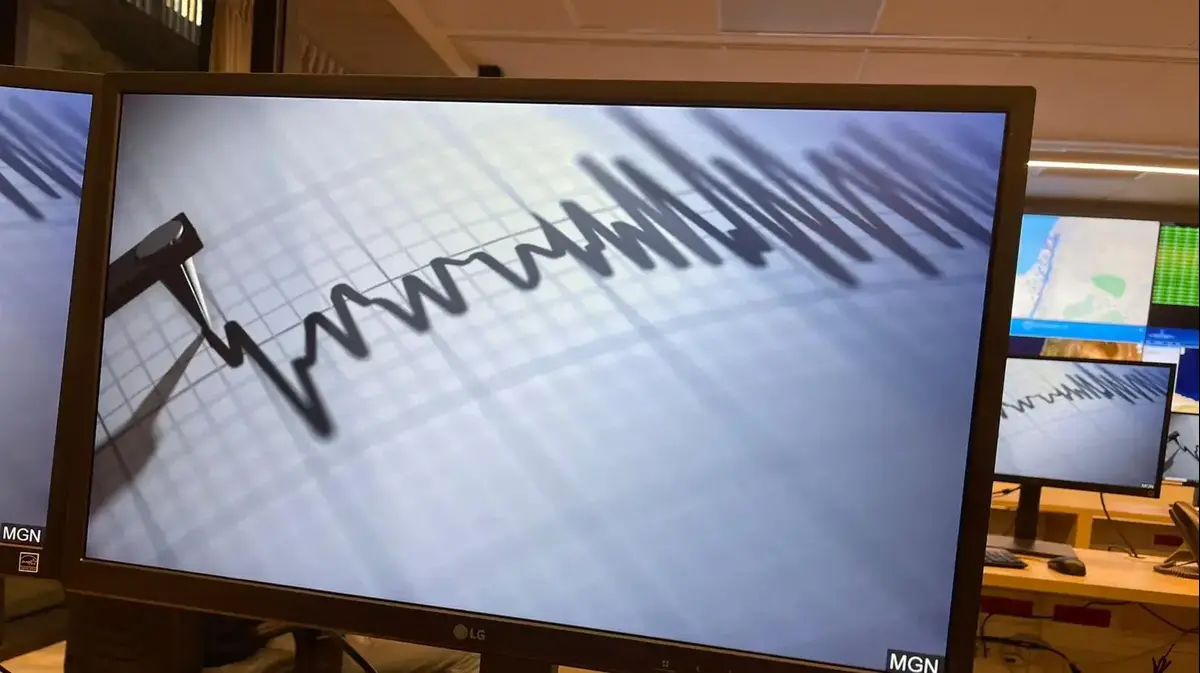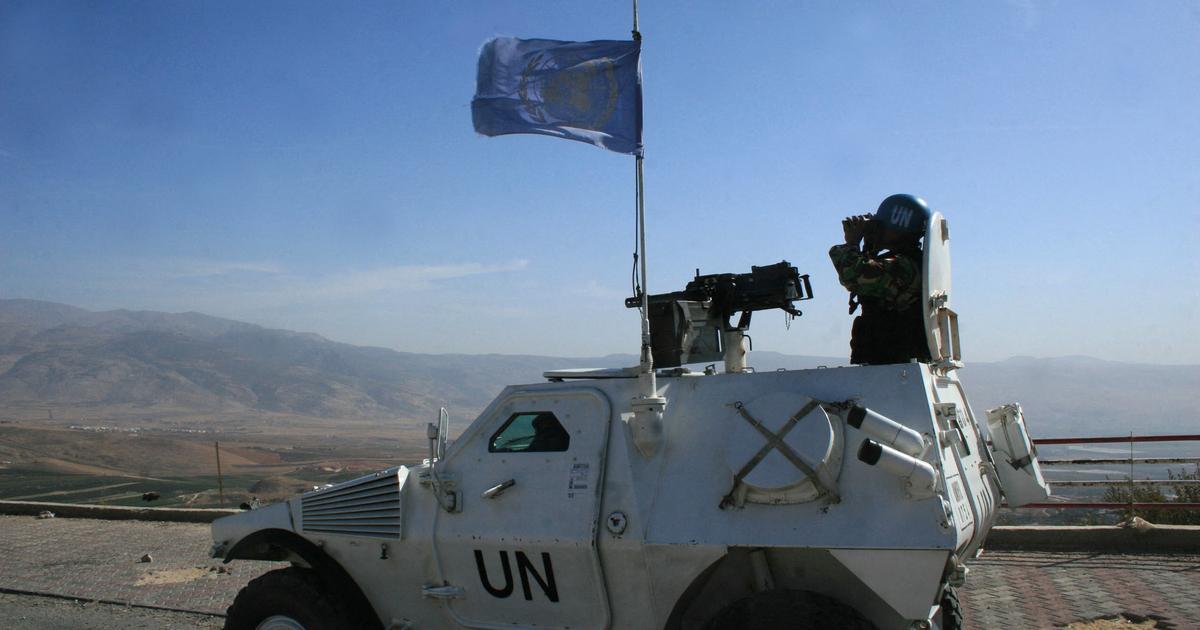Explosion in Beirut launched vehicles through the air 8:54
Beirut, Lebanon (CNN) - It is an earthquake, I thought, when the CNN office in central Beirut was shaken on Tuesday with violence that I had never felt before. I crouched down on the floor, waiting for more tremors.
A fraction of a second later, I heard the glass shatter and the creak of metal. Looking out the window, I saw a cloud of yellow dust coming towards me, the street covered in rubble and broken glass. People were running and screaming, trying to understand what had happened.
I stumbled across the rest of the office. A window frame had been ripped off the wall. The studio was a jumble of equipment, cables were scattered everywhere, but the tripod with its camera was still in place on the floor.
The glass entrance to the office, with its large red CNN logo, lay shattered in the hallway.
A few minutes later, a doorman named Mustafa, a lanky guy, usually in a good mood, ran in. "Are you okay?" He yelled. "Everyone is fine?"
"I'm fine," I replied. Nothing has happened to me.
Thank God, he said, and continued running down the hall looking for others. The building had been silent for a long time since the coronavirus pandemic began.
While studying the damage, I started calling friends and colleagues. Three minutes after the explosion, I contacted CNN producer Ghazi Balkiz. "I'm fine," he said, and the line went dead. I called our cameraman, Richard Harlow. His phone was dead. I called again and again.
A friend who lives near me in the Manara neighborhood, about two kilometers away, called me. "What happened?" She demanded, her voice panicking. I told him everything I knew: that there had been a fire in the port and then the explosion.
Lebanon, a country I have lived in for the past three years, but have been in and out of for years, and where I was in a boarding school when the civil war broke out in April 1975, is a place where events sometimes happen. dramatic, it seems, out of nowhere. And this hot and humid Tuesday seemed like just another August afternoon until hell suddenly broke the calm.
READ : Apocalyptic scenes in Beirut after the explosion: "We have nothing left", say residents
It wasn't long before I was inundated with requests to explain what was happening to CNN viewers, but without a cameraman I had to report what I had seen and what I knew over the phone. Richard, the cameraman, still hadn't answered the phone. The fear seized me that he, like so many others on this day, had been injured, or worse.
Finally a colleague contacted him. I was told that the blast had thrown Richard off his scooter and had injured his hand. "Prepare the medical kit," my colleague ordered me.
He showed up at the office with a deep wound on his hand. I sprayed the wound with disinfecting powder, wrapped it up, and told him to go to the hospital, while continuing to report on the phone. But he insisted on setting up the camera. Within minutes, we had a live image of the office.
All the time, the information that came in got darker and darker. First 10 dead, then dozens more. Hundreds, then thousands wounded.
At least 80 people died and at least 4,000 were injured in a massive explosion that devastated central Beirut on Tuesday, Lebanese Health Minister Hamad Hassan said in a telephone interview Wednesday morning with one of the channels of Lebanese national television. Hassan said four hospitals are out of service due to the damage caused by the explosion and that the death toll is likely to increase.
LOOK : A big bang shook Beirut: this is what we know so far
(Credit: / AFP via Getty Images)
"I lived through the civil war, I lived through the Israeli invasion (1982), the 2006 war (Lebanon-Israel)," a friend told me over the phone, "but I have never, never seen an explosion like this."
It was the refrain he heard from one person after another.
"We are living a curse," another friend told me.
And it was difficult to disagree. Lebanon's economy is in a state of collapse. The local currency has lost much of its value. The prices of food and other basic goods have increased 50% each month for the past three months. Unemployment has soared. It has become common to see people, even the elderly, rummaging through the trash, looking for food.
The most impressive images of the explosion in Beirut 0:52In addition to these problems, covid-19 cases have nearly tripled since early July, and, until this explosion, the country was in partial confinement to try to stop the spread.
But tonight, all of these problems came to the background when Beirut residents frantically called to find missing relatives, rushed to hospitals to donate blood, examined the latest damage to their battered lives, and wondered why fate had subdued them. once again to a cruel blow.
Explosion











/cloudfront-eu-central-1.images.arcpublishing.com/prisa/KMEYMJKESBAZBE4MRBAM4TGHIQ.jpg)


